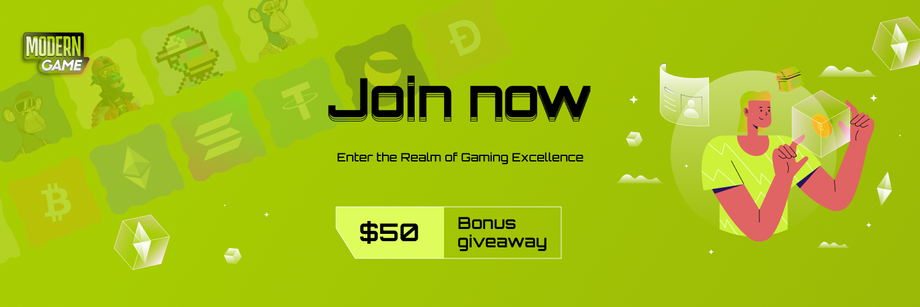Web3 gaming, also known as decentralized gaming, has emerged as a revolutionary concept that provides fair virtual markets. In traditional gaming, players often face numerous challenges, including limited ownership and control over in-game assets, lack of transparency in transactions, and an unfair distribution of rewards. However, with the advent of Web3 gaming provides fair virtual markets, these issues are effectively addressed, allowing players to participate in fair virtual markets.

One of the primary advantages of Web3 gaming is increased ownership and control over in-game assets. In traditional gaming, players do not have true ownership of the assets they acquire within a game. They are often restricted from transferring or selling these assets outside the game’s ecosystem. In contrast, Web3 gaming leverages blockchain technology, enabling players to have complete ownership and control over their assets. These assets are stored in decentralized networks, allowing players to freely trade or sell them in the virtual market. This significantly enhances the value and utility of in-game assets, as players can now enjoy the spoils of their gaming endeavors on their own terms.
Another key benefit of Web3 gaming is the transparency it brings to transactions. In traditional gaming, players often face challenges in verifying the authenticity and scarcity of in-game items. This lack of transparency creates opportunities for fraud and increases the risk of deception. However, with Web3 gaming, all transactions are recorded on a public blockchain, ensuring transparency and enabling players to easily validate the authenticity and rarity of items. This helps build trust between players and ensures a fair and secure virtual market.
Furthermore, Web3 gaming also addresses the issue of unfair distribution of rewards. In traditional gaming, rewards are often controlled and distributed by centralized game developers, leading to a lack of fairness. However, with Web3 gaming, rewards are generated through decentralized mechanisms, such as smart contracts. These mechanisms ensure that rewards are distributed based on pre-defined rules and algorithms, eliminating any bias or unfair practices. Players can now have confidence in the fairness of reward distribution, incentivizing them to actively participate in the virtual market.
Read More Info :- Cryptocurrencies and slot machines.
Moreover, Web3 gaming promotes a sense of community and collaboration among players. Traditional gaming often lacks proper incentives for players to work together or engage in meaningful interactions. In contrast, Web3 gaming introduces features like player-owned marketplaces, where players can collaborate and create value together. This fosters a vibrant gaming community, where players can interact, trade, and even create their own in-game economies. By creating a fair virtual market, Web3 gaming encourages players to collaborate and collectively contribute to the growth and success of the game.
In conclusion, Web3 gaming is revolutionizing the gaming industry by providing fair virtual markets. The increased ownership and control over in-game assets, transparency in transactions, elimination of unfair reward distribution, and promotion of community collaboration are all significant benefits of Web3 gaming. As the adoption of blockchain technology continues to grow, we can expect a more inclusive and fair gaming experience for players worldwide.